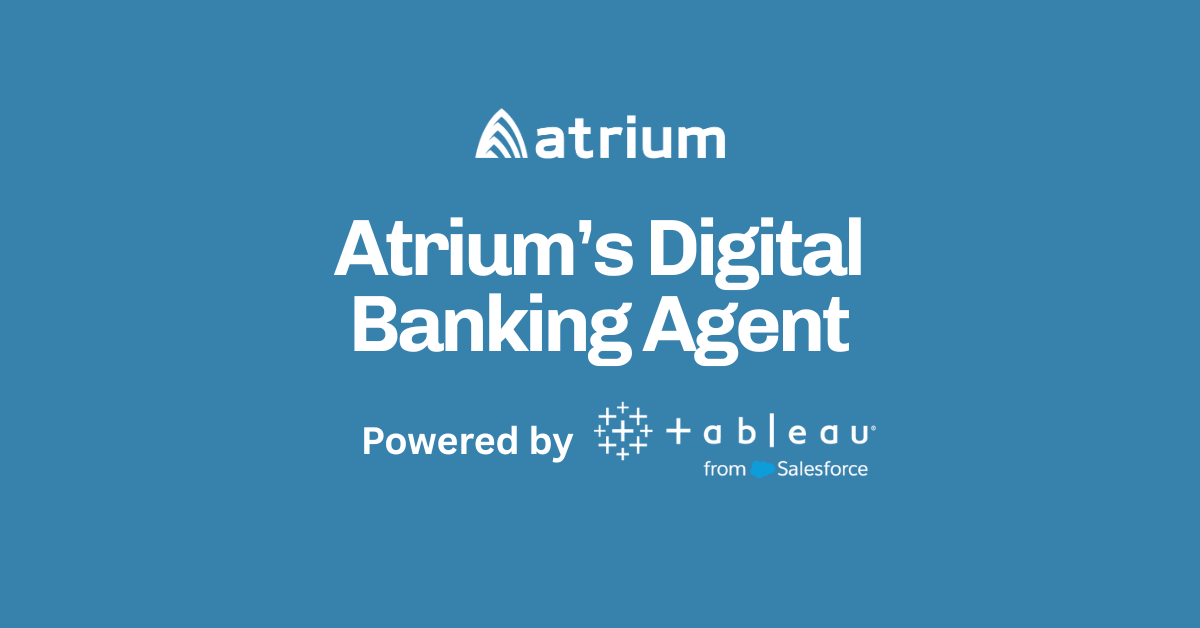AI and data analytics have become indispensable tools for banks that seek to thrive now and in the future. The integration of AI into major platforms like Salesforce, coupled with the power of tools such as Tableau and CRM Analytics, has made the benefits of AI more accessible than ever in the financial services industry. By leveraging predictive AI models, financial institutions can analyze vast amounts of data, uncover valuable insights, and make proactive, data-driven decisions more accurately and efficiently.
The adoption of these technologies is essential for banks aiming to stay competitive in the rapidly evolving landscape. However, addressing and mitigating the common fears associated with these technologies is crucial to fully unlock the potential of AI and data analytics. By doing so, banks can navigate the challenges, harness the transformative capabilities of AI in financial services, and position themselves at the forefront of innovation and success for the long term.
Fear #1: Job displacement
Many worry that the automation capabilities provided by AI will lead to job losses and economic instability. This is largely due to the fact that AI-powered tools can independently perform tasks such as data analysis and reporting, loan qualification, fraud detection, sales outreach, and various customer service tasks more efficiently than humans, raising concerns about the future job market.
Opportunity: Emphasize reskilling and upskilling
By offering comprehensive training programs and resources, employees can acquire new skills that complement AI technology, empowering them to take on more advanced roles that require human expertise and judgment. For instance, developing AI literacy skills enables employees to understand and effectively engage with model results and data-driven insights. Employees can leverage AI-based automation through training and upskilling initiatives, enhancing efficiency in areas where AI falls short, such as cultivating and nurturing valuable customer relationships.
Opportunity: Job redesign and collaboration
Rather than viewing AI as a threat, banks should focus on leveraging AI to augment human capabilities. Automating repetitive tasks allows employees to be redeployed to higher-value roles, such as relationship management, strategic planning, and personalized customer service. This approach to AI in banking maximizes productivity and efficiency while creating new job opportunities that require human creativity and adaptability.
Fear #2: Reduced data security and privacy
The abundance of sensitive financial data processed by AI systems raises concerns about data breaches and privacy infringements. Consider the vast amounts of sensitive financial data processed by AI systems that make them an attractive target for cybercriminals. Concerns about the potential misuse or unauthorized access to personal and financial information lead to identity theft, fraud, and compromised privacy.
Opportunity: Implement robust security measures
Banks must prioritize implementing robust security measures to safeguard customer data from unauthorized access or breaches. This includes investing in secure infrastructure, encryption techniques, and authentication protocols. Regular security audits and vulnerability assessments can help identify and address potential weaknesses in AI systems and data storage.
Opportunity: Ensure regulatory compliance and ethical data usage
Financial institutions have to adhere to stringent data protection regulations and privacy laws, such as the General Data Protection Regulation (GDPR) and other regional data privacy laws. By incorporating privacy through design principles, conducting privacy impact assessments, ensuring data anonymization where possible, and obtaining explicit user consent, banks can mitigate the risks associated with AI while demonstrating responsible data usage and complying with regulations.
Fear #3: Lack of human oversight and accountability
AI systems, particularly those using machine learning and deep learning algorithms, have the potential to become increasingly autonomous. This lack of human oversight raises concerns about the accountability and transparency of decision-making processes. If AI is making critical financial decisions without adequate human intervention, it may be challenging to understand the logic behind those decisions or hold anyone responsible in the event of errors or biases.
Opportunity: Embrace explainable AI
Banks should develop AI systems that provide transparency and explainability in their decision-making processes. This involves banks using interpretable algorithms and model interpretability techniques to ensure that AI-driven decisions are understandable and traceable, enhancing accountability and building customer trust. Note that there may be a tradeoff associated with this recommendation; interpretable model algorithms often exhibit lower precision than “black box” models. Still, the gains in interpretability significantly outweigh the potential decrease in predictive accuracy.
Opportunity: Establish ethical frameworks and auditing
Banks can work with industry experts, regulatory bodies, and policymakers to establish ethical frameworks and guidelines for AI development and deployment. These frameworks can address issues such as fairness, bias mitigation, and the responsible use of AI, ensuring that decisions made by AI align with ethical and regulatory requirements. Regular audits and assessments can ensure adherence and promote responsible AI use. Additionally, establishing an institutional review board (IRB) can help solidify ethical data practices within organizations. Corporate IRBs act as early-warning systems and help ensure ethical decision-making.
Reduce the risks of AI in banking and harness the benefits
To overcome the fears and challenges associated with AI in financial services, banks need to approach the adoption of AI technology from a strategic, responsible perspective. By investing in reskilling and upskilling employees, prioritizing data security and privacy, and promoting human oversight and accountability, banks can harness the benefits of AI while mitigating potential risks. A thoughtful and ethical approach to AI adoption will ensure a harmonious integration of technology and human expertise.
Implemented and maintained successfully, the addition of AI can enhance the customer experience, improve efficiency, and sustain growth in the financial services industry. It takes the right partner with a combination of financial services industry expertise and AI knowledge. At Atrium, we enable financial institutions to maximize the benefits of predictive analytics and AI through a comprehensive, cross-functional approach.
Reach out and let’s discuss empowering your bankers to make informed, data-driven decisions that better serve your customers.








